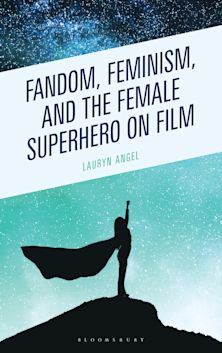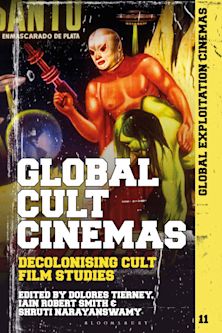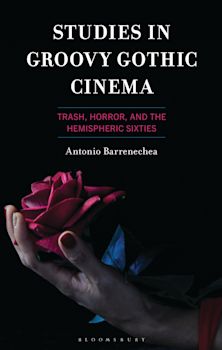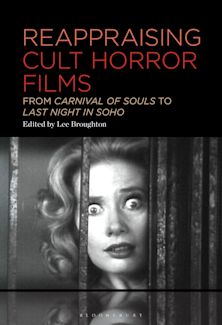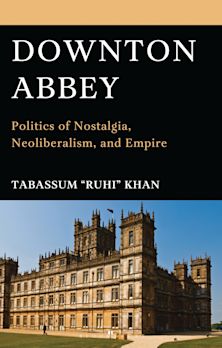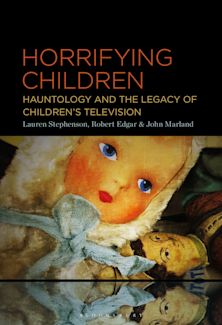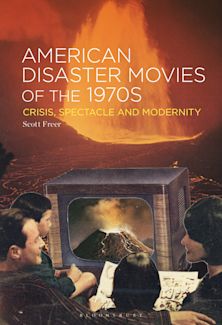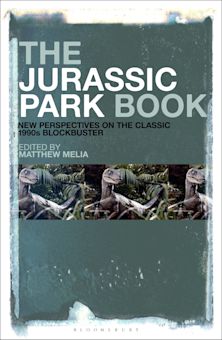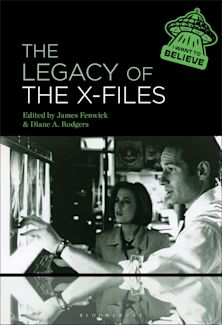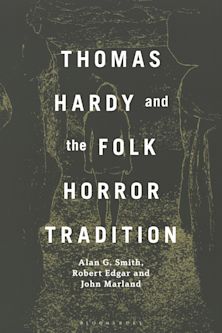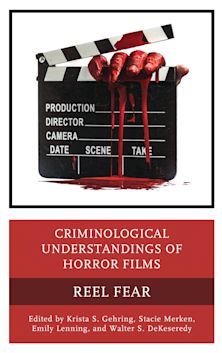- Home
- ACADEMIC
- Film & Media
- Film Genre
- Dissecting Cannibal Holocaust
You must sign in to add this item to your wishlist. Please sign in or create an account
Description
Since its 1980 release, the Italian horror film Cannibal Holocaust has shocked viewers and provoked censors with its graphic imagery and unrelenting nihilism.
Following a summary of the story and the controversy over its release, Dissecting Cannibal Holocaust examines the film's relevance to cinematic and literary history, anthropology, nature studies, ethics and censorship, media and journalism, documentary filmmaking, representations of cannibalism and post-colonialism, and genre cinema. The book also addresses some of the most frequent criticisms of Cannibal Holocaust including its depictions of native people and the inclusion of real-life animal killings. Matching the audacity of the film itself, Dissecting Cannibal Holocaust makes provocative arguments about the influence of corporate media, the purpose of art, the relationship between industrialized and indigenous people, the amorality of nature, and the roots of violence.
Table of Contents
Chapter 2: Narrative, Genre, and the Roots of Cannibal Holocaust
Chapter 3: Character and Culture in Cannibal Holocaust
Chapter 4: Nature and Cannibal Holocaust
Chapter 5: Anthropophagy and Cannibal Holocaust
Chapter 6: The Film Form of Cannibal Holocaust
Chapter 7: The Media and Cannibal Holocaust
Chapter 8: The Horror of Cannibal Holocaust
Chapter 9: The Ethics of Cannibal Holocaust
Chapter 10: The Future of Cannibal Holocaust
Product details
| Published | Apr 15 2024 |
|---|---|
| Format | Ebook (Epub & Mobi) |
| Edition | 1st |
| Extent | 282 |
| ISBN | 9781666914030 |
| Imprint | Lexington Books |
| Illustrations | 10 BW Photos |
| Series | Research in Horror Studies |
| Publisher | Bloomsbury Publishing |
About the contributors
Reviews
-
Wardinski breaks down a hotly debated grindhouse 'gut muncher.' Exploring its roots in jungle adventure flicks steeped in racism and sexism, factually dubious nature documentaries, and Italy's 'mondo' shockumentaries of the Sixties; as interestingly, he explores the politics that inform the film and the cultures of the tribes depicted.
Cineaste
-
Nathan Wardinski offers an authoritative critical analysis exposing the deeper meaning and significance of the (in)famous horror movie Cannibal Holocaust. Moreover, his profound historical and comparative analysis reveals that this film is a microcosm with virtues as well as vices. The vices include the gross misrepresentation and exploitation of Amazonian people like the Yanomami. The virtues include the critique of corporate media, industrial capitalist society, civilization, politics, colonialism, racism, sexism, and violence through the film's repulsive excesses of aesthetic terrorism. Among ethical concerns, diverse provocative questions are raised like projections--- Are we what we watch?
Leslie Sponsel, University of Hawai`i, author of Yanomami in the Amazon
-
Dissecting Cannibal Holocaust is the definitive autopsy of one of the world's most controversial and disturbing films in the history of cinema.
Stanley Wiater, author of Disturbo 13: The Most Disturbing Horror Films Ever Made

ONLINE RESOURCES
Bloomsbury Collections
This book is available on Bloomsbury Collections where your library has access.












